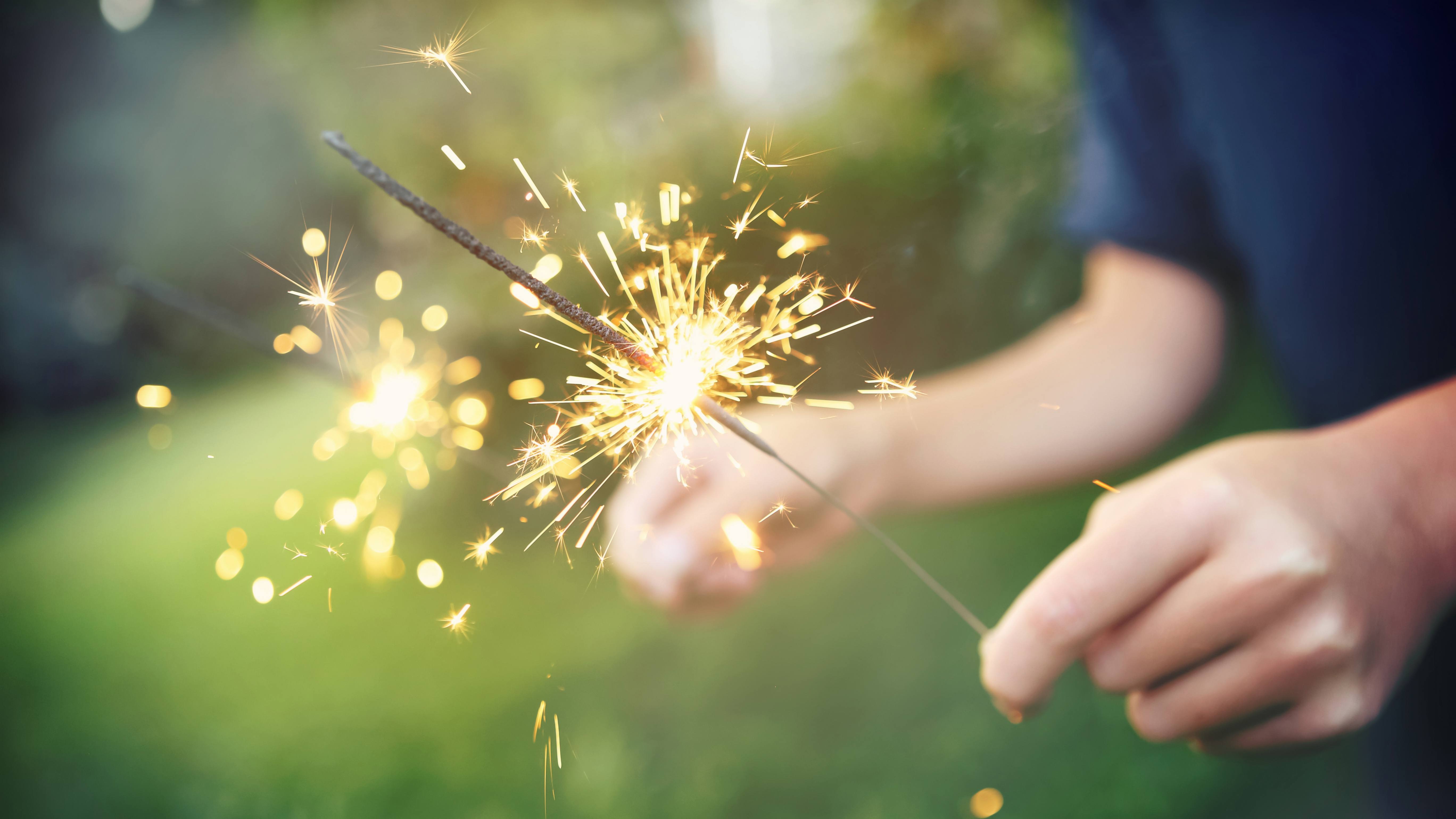
Summer is in full swing and many stores have displays to sell Fourth of July fireworks for home use. However, thousands of accidents each year prove that these fireworks are dangerous. In 2014, 11 people died and an estimated 10,500 were treated in emergency departments for fireworks-related injuries in the U.S. These preventable injuries can happen to anybody.
To reduce preventable injuries, Mayo Clinic Health System optometrists and ophthalmologists are encouraging families to attend their local fireworks displays as a safe alternative to purchasing fireworks for home use. This recommendation is made as part of Fireworks Eye Safety Month, which is sponsored by the American Academy of Ophthalmology.
“Nobody is immune to injuries when playing with fireworks,” says Dr. Misty Watters, a Mayo Clinic Health System optometrist. “Although you may think it can’t happen to you, it definitely can. Injury to the head, hands and eyes are all very possible when it comes to playing with fireworks.”
Dr. Watters explains that eye wounds account for 19 percent of firework-related injuries. The components that go into making fireworks — gunpowder, sulfur and charcoal — can damage one’s vision — sometimes irreversibly.
In the event of an eye injury, it is best to seek medical help right away and do the following:
- Don’t rub.
Rubbing your eye may increase bleeding or worsen injury. - Don’t rinse.
Attempting to rinse out your eyes can lead to further damage. - Don’t apply pressure.
Applying pressure can add more bacteria irritants to the injury.
Although illegal fireworks, bottle rockets and Roman candles account for most injuries, seemingly harmless sparklers also cause numerous injuries each year. Because these sparklers can be found at just about every Fourth of July celebration, they account for the most injuries to children under 5.
“If you’re celebrating with fireworks at home, there are precautions you can take to avoid injury, such as keeping children a safe distance away, wearing eye protection while handling fireworks and not approaching a burning firework until you are certain that it is out,” says Dr. Watters. “But the safest alternative would be to go to your local fireworks show. Being careful and putting one’s safety first is important in any situation. Please celebrate safely this year.”
Watch this Mayo Clinic Minute: Fireworks safety tips.
Journalists: Broadcast-quality video (:59) is in the downloads.







